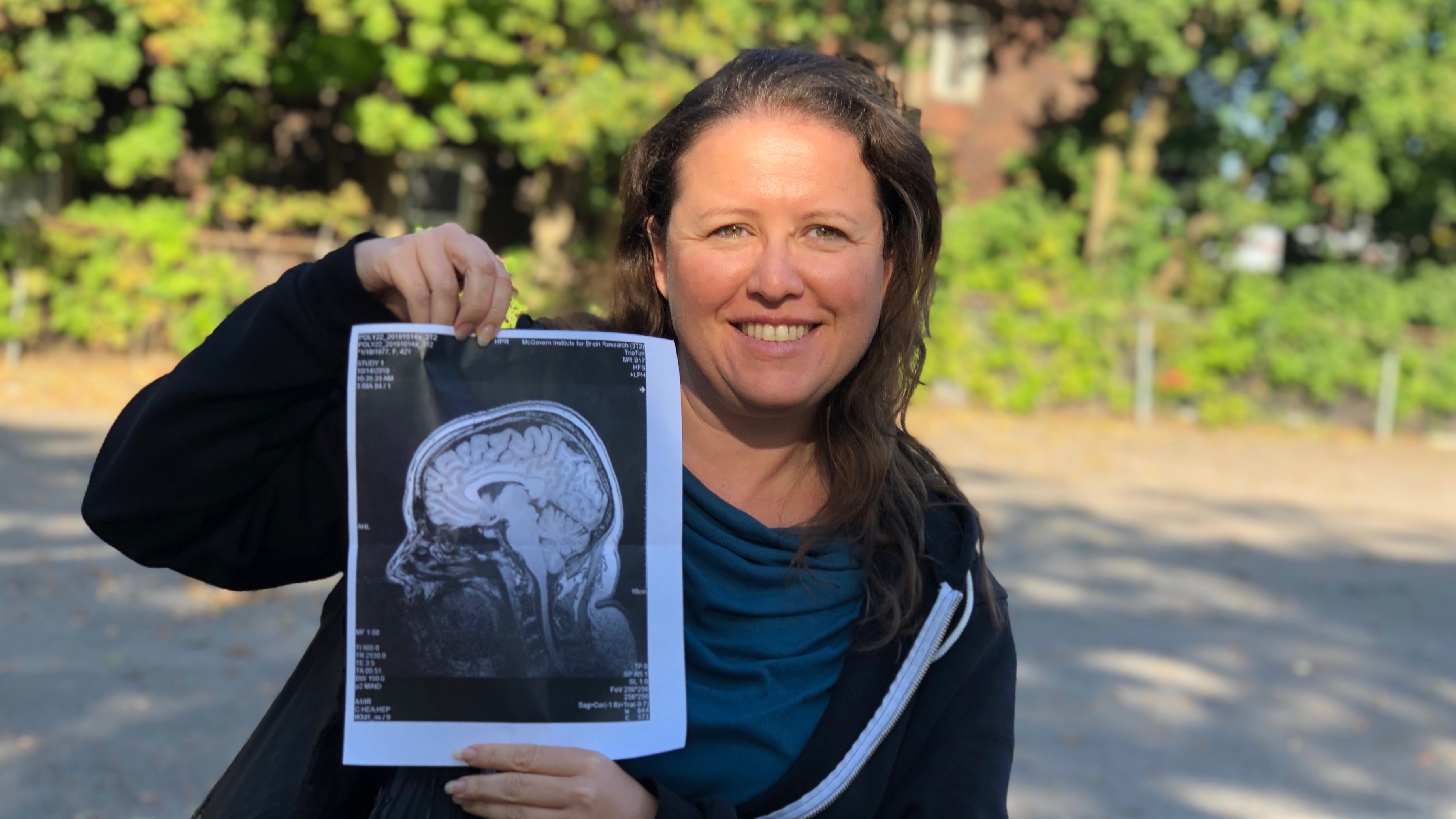I made a series of videos for my YT channel a short while ago, and I'd like to share them here. To my surprise, recently some of you have written to say you were interested and to ask questions, so instead of replying to everyone individually, I reckon it may benefit others to have a discussion here. I've hesitated because I know it's not a topic everyone is fascinated by, I don't have any "smoking gun", and I'm a total newbie Youtuber and video editor! (You'll see the amazing editing skills if you watch  )
)
Some of the books I mentioned are rare or out of print, so if anyone happens to be interested in reading them, don't hesitate to ask and I'll make a copy available.
 )
)Do sounds have meaning? A question ignored for centuries could hold the key to understanding how language emerged, and what it is. In this first part, I introduce you to a few misconceptions in Linguistics, and the idea that maybe, just maybe... sounds may carry in them the essence of the entities they describe.
References:
- Ferdinand de Saussure, "Cours de Linguistique Générale" (1916)
- Plato, Cratylus (ca. 390 BC)
- Edward Sapir on sounds and meaning (1930) https://www.google.com/url?sa=t&rct=j...
If you are crazy enough to work on the entire dictionary of a specific language, and group words according to which sounds they have, and what pieces of meaning they share, see what happens! Suddenly all sounds carry certain meanings, and if you replace them, the meaning changes! I bet you never noticed it before. And it's not just a "mere coincidence" when thousands of words, and their corresponding sounds, show the same patterns.
References:
- Margaret Magnus, "Gods of the Word: Archetypes in the Consonants" (1999)
- Margaret Magnus' website: http://www.trismegistos.com/
- Her dissertation: http://www.trismegistos.com/Dissertat...
In this part, I introduce another path towards finding the hidden meaning behind sounds and the words they form. As sneaky as ever, this time they are hiding in plain sight, in each syllable or sound of names of places, and common names.
References:
Carmen Jimenez Huertas, "No venimos del latin: Edición revisada y ampliada" (2015)
In english: "Romance Did Not Begin in Rome: A critique of the Latin origin of Romance languages" (2018)
Have you ever noticed similarities between languages that are said to belong to different “families”? Why do the pairs “wick-wicked” (English) and “mèche - méchant” (French) have four different historical roots, yet they all share an underlying meaning, “twisted”? Why do “mère” (French) and “mare” (English) sound similarly, and “ma” (Chinese) can mean both “mother” and “horse”? Is it all just pure coincidence? There may be an explanation for these and many other oddities!
Reference:
Abraham A. Abehsera, "Babel, the Language of the 21st Century", 1991.
So far, we have seen that phonemes and sounds can carry meaning. In this part, you will learn about other possible clues: Do frequencies have shapes? Does the shape of a letter relate to its sound? And what do the shapes of our letters convey about our remote past and legacy? We'll connect these pieces of "trivia" with the rest of the series. And hopefully after watching, you will see your letters and the sounds of your language in a whole new light.
References:
- Cymatics: https://www.cymascope.com/cyma_resear...
- Nora Turoman, Suzy J Styles, "Glyph guessing for 'oo' and 'ee': spatial frequency information in sound symbolic matching for ancient and unfamiliar scripts" https://pubmed.ncbi.nlm.nih.gov/28989...
- TED Talk, Genevieve von Petzinger, "Why are these 32 symbols found in caves all over Europe" https://www.youtube.com/watch?v=hJnEQ...
Some of the books I mentioned are rare or out of print, so if anyone happens to be interested in reading them, don't hesitate to ask and I'll make a copy available.


 ). And I understand how you feel! In fact, for centuries linguists studied pidgins because they saw them as remnants of "primitive" languages, and the path towards discovering how the language capacity originated in humans. Well, that was dead wrong if you ask me, and it was more influenced by Darwinism than anything (Westerners saw pigdin speakers as "savages"). The main reason why it can only be wrong is that pigdins never start from scratch, and are a rather simplified form of communication between peoples who ALREADY have a fully delevoped mother tongue. So, claiming that that got language started doesn't make sense. But if you want to understand why they tend to be so simple, just check the wiki page here:
). And I understand how you feel! In fact, for centuries linguists studied pidgins because they saw them as remnants of "primitive" languages, and the path towards discovering how the language capacity originated in humans. Well, that was dead wrong if you ask me, and it was more influenced by Darwinism than anything (Westerners saw pigdin speakers as "savages"). The main reason why it can only be wrong is that pigdins never start from scratch, and are a rather simplified form of communication between peoples who ALREADY have a fully delevoped mother tongue. So, claiming that that got language started doesn't make sense. But if you want to understand why they tend to be so simple, just check the wiki page here: 